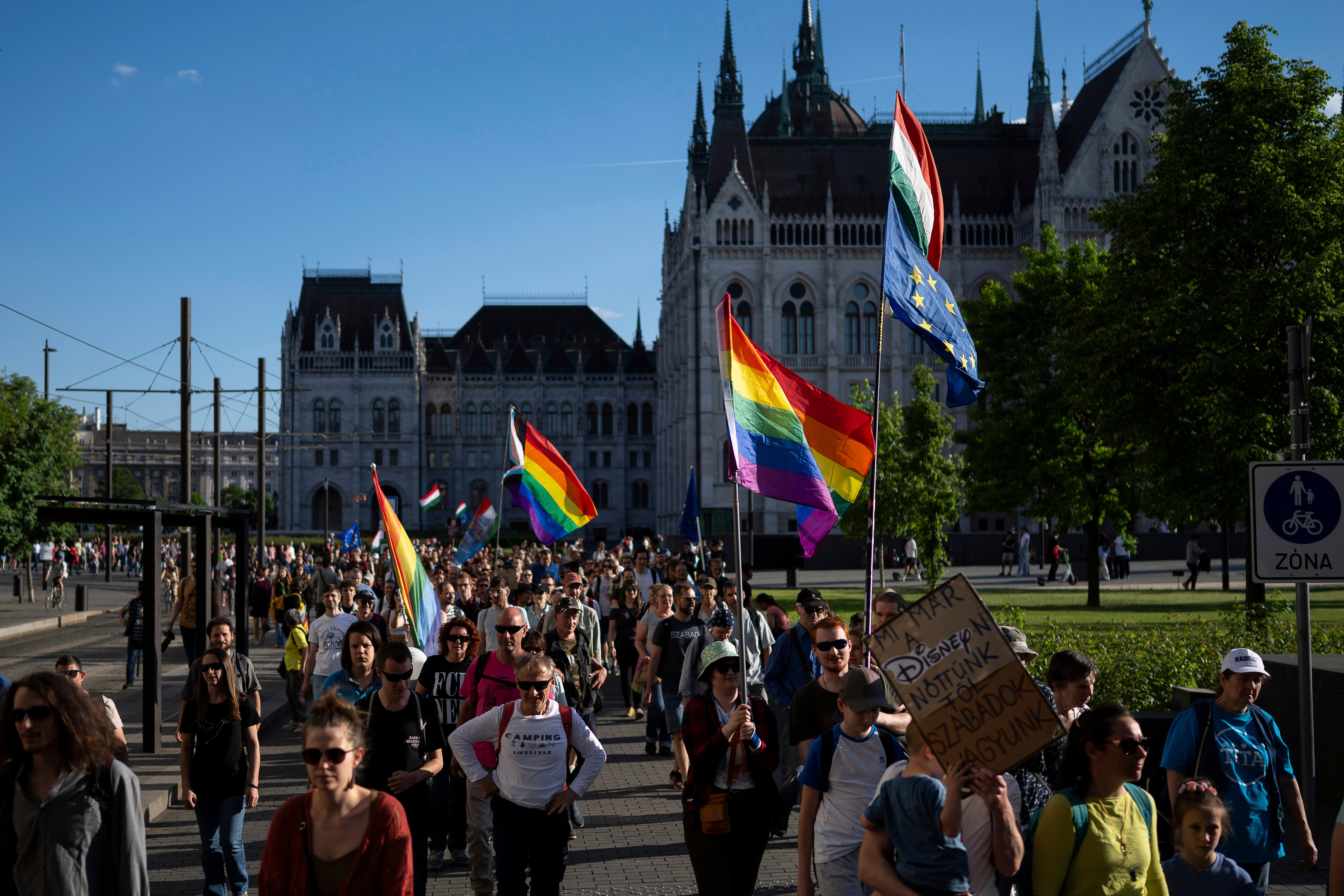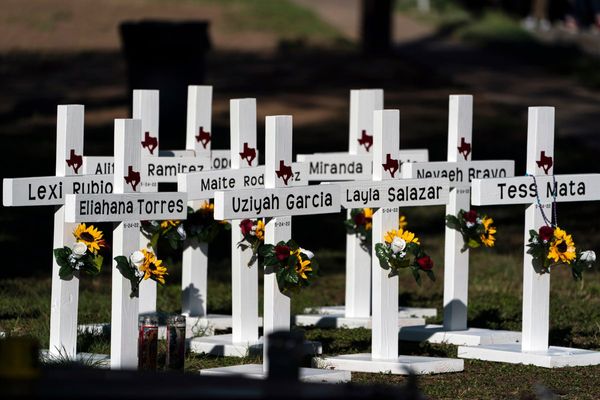Tens of thousands of LGBTQ+ rights supporters are expected to converge on Budapest this Saturday, poised to defy a police ban on their annual Pride march.
The event has become a potent symbol of the escalating struggle between Hungary's nationalist government and its civil society, highlighting a decade of tightening restrictions on fundamental freedoms.
Under Prime Minister Viktor Orbán, Hungary has systematically curtailed the rights of its LGBTQ+ community.
A controversial law passed in March further empowered authorities to ban Pride events, ostensibly to "protect children" – a justification widely seen by critics as a pretext for a broader assault on democratic liberties.
The crackdown is unfolding ahead of a crucial general election next year, where Mr Orban faces a formidable opposition challenge.
Opponents view the government's actions against the LGBTQ+ community as part of a wider erosion of democratic norms, with the Pride march serving as a focal point for resistance.
Organisers anticipate a massive turnout, with participants travelling from 30 different countries to show solidarity.
Among the attendees expected are European Commissioner for Equality Hadja Lahbib and approximately 70 members of the European Parliament.
More than 30 embassies have expressed support for the march and European Commission President Ursula von der Leyen called on Hungarian authorities to let the parade go ahead.
Seventy Hungarian civil society groups, including the Hungarian Civil Liberties Union, Transparency International Hungary and the Hungarian Helsinki Commission, published an open letter on Friday in support of the march, saying the law that led to the police ban "serves to intimidate the entire society".
Budapest Mayor Gergely Karacsony tried to circumvent the law by organising the march as a municipal event, which he said does not need a permit. Police however banned the event, arguing that it fell under the scope of the child protection law.

Mr Orbán, whose government promotes a Christian-conservative agenda, provided some clues on Friday about what participants can expect when he warned of "legal consequences" for organising and attending the march.
Earlier this week Justice Minister Bence Tuzson warned in a letter sent to some foreign embassies in Budapest that organising a prohibited event is punishable by one year in jail, while attending counts as a misdemeanour.
The law that allows for the ban of Pride lets police impose fines and use facial recognition cameras to identify people who attend.
When asked about the threat of a one-year jail term, Mr Karacsony said at a press briefing on Friday that such a sentence would only boost his popularity.
"But I cannot take it seriously," he said.

Making the march a key topic of political discourse has allowed the Orbán government to take the initiative back from the opposition and mobilise its voter base, said Zoltan Novak, an analyst at the Centre for Fair Political Analysis think tank.
"In the past 15 years, Fidesz decided what topics dominated the political world," he said, noting that this has become more difficult as Mr Orbán's party has faced an increasing challenge from centre-right opposition leader Peter Magyar's Tisza party, which has a 15-point lead over Mr Orbán's Fidesz in a recent poll.
Tisza, which has been avoiding taking a strong position on gay rights issues, did not specify in response to questions whether it believed the Pride march was lawful, but said those attending deserved the state's protection.
"Peter Magyar has called on the Hungarian authorities and police to protect the Hungarian people this Saturday, and on other days as well, even if it means standing up against the arbitrariness of power," its press office said. Mr Magyar himself would not attend.







